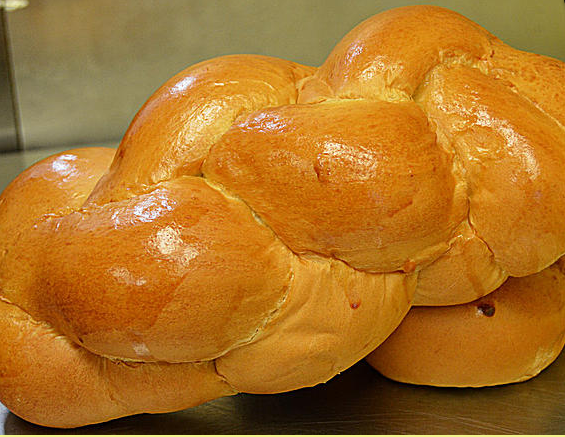What do we know about Passover Observance at Kosher Bread Pro ? We know it’s a hot topic for Kosher Baking.
About Passover Observance
1) Forbidden foods – The Torah (Bible) forbids chametz and s’or which are leavened food and leavening agents. The overall term chametz is used to refer to a number of different categories of items. They are:
a) Real chametz – Bread, rolls, crackers, cake, cookies, pizza, frozen dough, pasta, cereal and grain products.
b) Whiskey and beer distilled from grains.
c) Mixtures with some chametz. (The main ingredient is not chametz.) A lot of sweets and some cereals are examples. Pet food is another.
d) Things that might or might not be chametz. This includes condiments like ketchup and mustard, and non-food items like expensive perfumes, cleaning products, cosmetics and medicine. Note: do not avoid taking your medicine on Passover. Consult your rabbi.
e) Kitniyos – an Aramaic term. It is a group of foods that are not chametz but can be ground into flour that looks just like wheat flour. Ashkenazi Jews (a large ethnic subgroup) do not use them. Some common examples are rice, peanuts, corm, beans and peas. By-products like peanut butter, rice cakes and soybean oil are also not used.
f) The chametz that is embedded in pots, pans, dishes, cutlery and appliances.
2) Forbidden in what ways? As mentioned Passover observance is a little more involved than the rest of the year. A forbidden item may be neither consumed nor used for any benefit. Further, it may not be stored on your premises or owned at all. That means that a Jew has to gather up everything he owns and classify it as either permissible on Passover or not. Prior to the holiday he must take steps to relinquish ownership of anything made of chametz, edible or not.
I have written another article itemizing methods to successfully rid yourself of all forbidden matter. This article is only a summary of what is forbidden on Passover. To be sure that you have adequate knowledge of what to avoid and how to do so, you need more information and a knowledgeable mentor.
About the Author: Leslie Rosenberg has a long-standing professional involvement in the kosher food industry. He has extensive knowledge of the Jewish dietary laws and of kosher certification practices.
Visit http://the-definition-of-kosher.com/ for expanded information and all the necessary resources to know that you are keeping kosher according to the original Biblical law.
Source: www.ezinearticles.com

